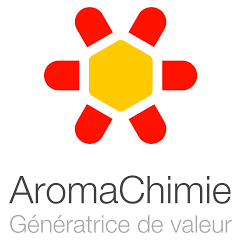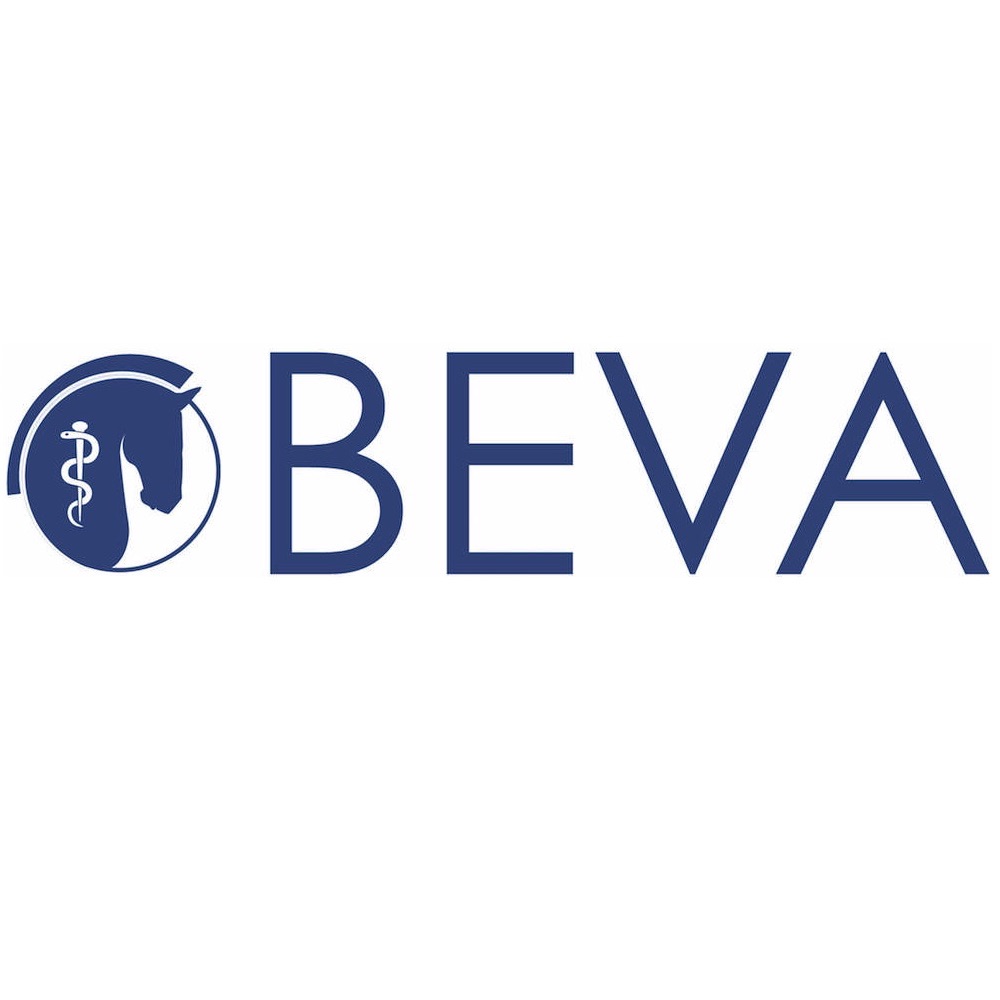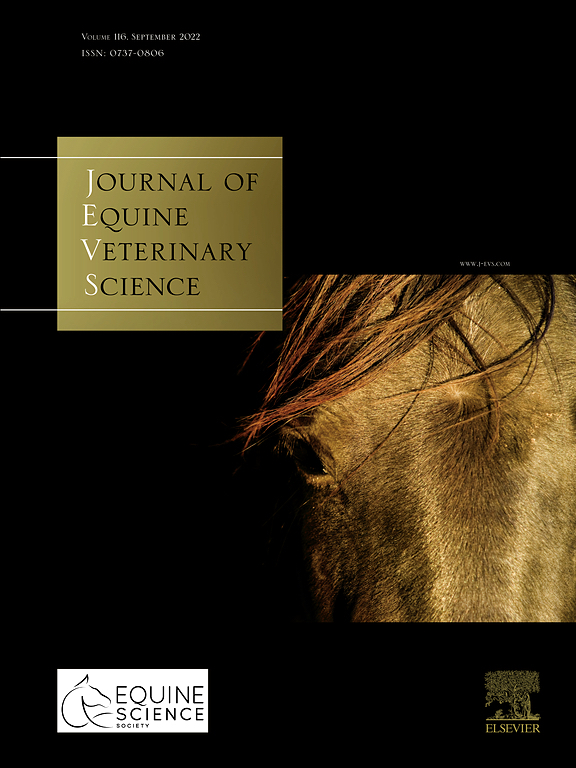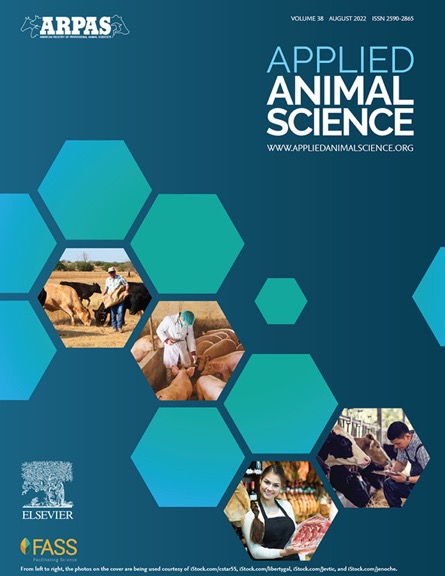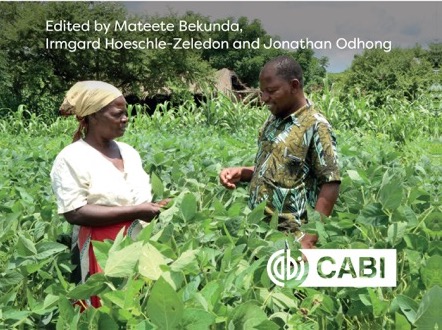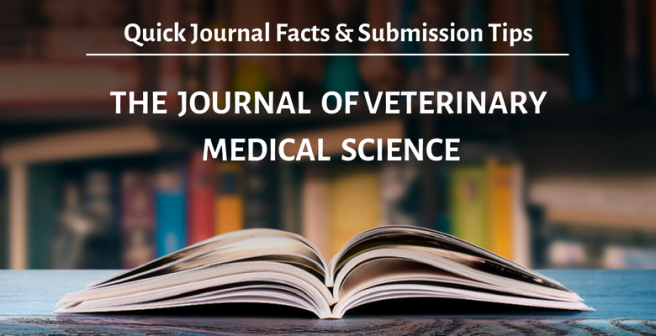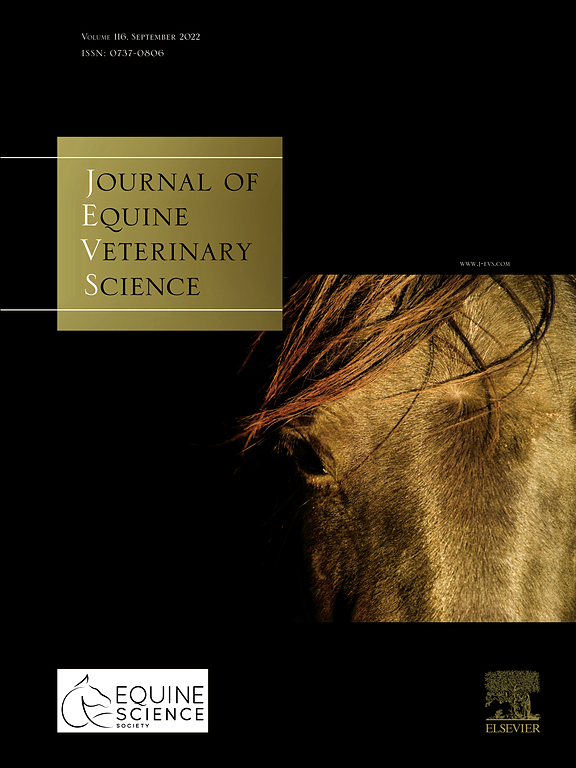Media
Connect with our media releases for latest academical and practical research studies, subscribe to our email alerts for updated journals.
Horses might develop exhaustion during prolonged exercise, due to loss of water and electrolytes in sweat with hypovolaemia and electrolyte changes, heat accumulation and intramuscular glycogen depletion. A number of descriptive field studies of endurance competition have been performed over the last decades; most of them measured various blood components before, during and after exercise. These data contribute to the understanding of changes associated with …
Oxidative stress is the excess generation of free radicals and/or a decrease in the response of the antioxidant system. It is known to cause damage to the equine health by unbalancing the stable molecules. The dietary supplementation of vitamins E, C, and β-carotene cause beneficial effect on horses’ health. These supplements could transform free radicals into the stable radicals, thereby showing importance in the prevention of diseases associated with oxidative stress.
A blinded, randomized, controlled field study in a commercial beef cattle feedlot was performed for 11 mo. The study was conducted in 2 phases: the adaptation phase comprised the initial 60 d of feeding the control (CON) and OTM supplements, and the postadaptation phase continued until cattle were sent to slaughter. A total of 1,120 beef heifers were enrolled in the study distributed over 8 pens. The CON and OTM supplements were fed in their respective TMR.
The livestock sector accounts for “40% of the agricultural GDP in Africa, ranging from 30 to 80% in individual countries, but rarely gets more than 5 to 10% of agricultural investment and as a consequence is under-performing” (Malabo Montpellier Panel, 2020). Livestock in smallholder crop/livestock systems are primarily left to range free without supplementary feed. They are often kept as a store of wealth and to meet emergency and socio-cultural goals. Dairy farming is an important contributor to household nutrition …
High-intensity exercise and competition are associated with depressed immune function. Young horses, which participate in high-intensity exercise and competitions, are at increased risk for the development of infectious disease due to depression of immune function. The effects of branched-chain amino acid (BCAA) supplementation on the immune status of young racing horses were evaluated, determining whether BCAA might help to avoid or reduce immune suppression during exercise and competitions.
Zinc supplements are often used in equine nutrition to support skin and hoof quality or the immune function. However, no data on the effects of dietary zinc on the intestinal microbiota of horses and ponies are available so far. In the present study, varying dietary zinc concentrations (maintenance (4 mg/kg BW0.75/day), 120 mg/kg dry matter (DM)/day and 240 mg/kg DM/day) were achieved by the supplementation of either zinc chloride hydroxide or zinc methionine (six treatment periods of 4 weeks each).
